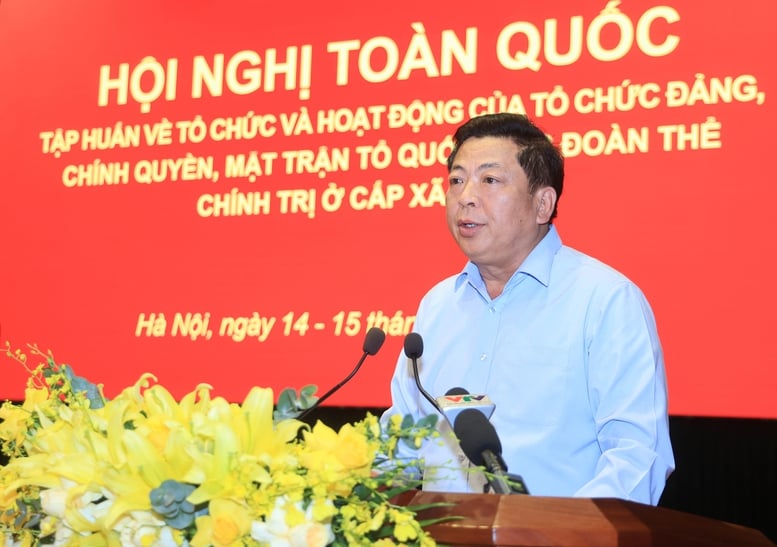
Minister of Construction Tran Hong Minh speaks at the Conference - Photo: Ta Hai
On the afternoon of June 14, at the online training conference on professional and technical aspects of Party building, State management and activities of the Fatherland Front and political organizations at the commune level, Minister of Construction Tran Hong Minh presented a topic on core contents in decentralization, delegation of authority and assignment of authority in the construction sector.
Maximum decentralization, enhancing autonomy and self-responsibility
Speaking at the conference, Minister of Construction Tran Hong Minh emphasized that decentralization, delegation of authority, and determination of authority in the construction sector are being implemented in the spirit of thoroughly grasping the viewpoints and directions of the Party Central Committee, the Politburo , and the Government.
Accordingly, the implementation principle is maximum decentralization between the Central and local levels, between superiors and subordinates, to enhance the role of autonomy, self-responsibility and promote local initiative and creativity.
The Government and the Ministry of Construction play a macro-management role, focusing on building institutions, strategies, planning, plans, mechanisms, and policies, and performing the function of creating development. The central government only retains tasks that are inter-provincial, inter-regional, inter-national, or related to national defense, security, and sovereignty, and implements them in accordance with international treaties.
The provincial level is the unit that organizes policy implementation and promulgates policies that are appropriate to local realities. Meanwhile, the commune level plays a direct role in organizing administrative management and operation activities and implementing policies and laws in the area.
Regarding the results of the review and proposal for decentralization, delegation of authority, and determination of authority in the construction sector, the Ministry of Construction has reviewed a total of 368 tasks.
Of which, 133 tasks were assigned authority; 94 tasks were transferred from district to commune; 22 tasks were transferred from district to province; 17 tasks were assigned to the province to proactively perform; 118/235 tasks were decentralized (accounting for 50.21%); 117/235 tasks were retained at the Central level (accounting for 49.79%);
Specifically, regarding road traffic, 9 tasks are decentralized; 3 tasks are delegated; and 13 tasks are assigned authority.
Railway: Decentralize 12 tasks; delegate authority to 4 tasks; assign authority to 9 tasks.
Maritime and inland waterways: 17 tasks are assigned; 8 tasks are authorized; 8 tasks are assigned authority. Inspection: 4 tasks are assigned.
Regarding construction activities, 20 tasks are decentralized; 3 tasks are delegated.
Delimiting authority and removing 20 tasks (of which 6 tasks were removed including: establishing and organizing the District Project Management Board; managing construction order; inspecting and accepting works; demolishing works; receiving and reporting construction incidents; reporting machinery and equipment incidents).
Regarding housing and real estate business, 12 tasks are assigned; 4 tasks are delegated.
Delimiting authority and removing 51 tasks (of which 6 tasks were removed including: Confirming social insurance on exemption/reduction of old housing purchase price; notifying the organization of apartment building management and operation and 4 tasks related to reporting training results and housing rental of foreign individuals).
Regarding architecture, urban development, and technical infrastructure: Decentralize 6 tasks; Define authority and remove 29 tasks (including 1 task that was removed, which is managing water supply activities according to decentralization).
Urban and rural planning: Decentralization of 6 tasks; Decentralization of authority for 11 tasks.
Regarding administrative procedure reform: In the process of decentralization, delegation of authority, and assignment of authority, the Ministry of Construction has also reduced and simplified 49 administrative procedures, reaching a rate of more than 59%.
Specifically, cut 9 procedures; simplify 40 procedures (reduce paperwork, time...); decentralize and classify 34 procedures.
How to transition work?
Minister Tran Hong Minh also clarified the regulations on work transition after implementing decentralization, delegation of authority, and assignment of authority.
Specifically, documents and papers that have been issued or granted before the implementation of the arrangement, decentralization, and delegation of authority, if still valid or within the validity period, will continue to be applied until they expire or are amended, supplemented, replaced, abolished, or revoked according to regulations.
For district-level administrative procedure (TTHC) files that are being processed, if by July 1, 2025 they have not been completed or have been completed but then arise issues that need to be processed, the Chairman of the Provincial People's Committee will directly handle them or assign specialized agencies and administrative units under the People's Committee at his/her level to continue processing them. Documents and papers issued before the implementation of decentralization and delegation that have not expired will continue to be used until a new document replaces them.
For administrative procedure dossiers received by competent authorities before July 1, 2025, the receiving agency will continue to process them according to the regulations at the time of receipt. If the dossier needs to be returned for completion, it will be transferred to the new agency according to the decentralization and authorization for further processing.
As for administrative procedures on road transport stipulated in Decree 158, they will be handled on the centralized information technology system of the Ministry of Construction. For documents received before the system is deployed, the competent authority will continue to process them according to current regulations.
In the field of construction investment: Projects that have been implemented by the District People's Committee before July 1, 2025 will be transferred to the Commune People's Committee or the agency assigned to manage construction under the Commune People's Committee in the project implementation area.
In case the Provincial People's Committee has decentralized and authorized the District People's Committee to grant construction permits before July 1, 2025, the Provincial People's Committee will decide to continue to self-implement or decentralize and authorize the Commune People's Committee to implement.
Specialized and regional project management boards established by district-level People's Committees before July 1, 2025 will be managed by the Provincial People's Committee. Based on specific conditions, the Provincial People's Committee will decide to reorganize or dissolve according to regulations.
For projects being implemented by the Project Management Board, the Provincial People's Committee will decide to continue assigning them to its affiliated Management Board or adjust the management form to ensure that the progress and quality of the project are not interrupted.
Regarding housing development programs and plans: Programs and plans approved before the administrative unit merger will continue to be implemented until the provincial People's Committee approves the new program.
If the provincial housing development plan for the 2026-2030 period has not been approved, it is only necessary to assess the conformity with the current housing development program as a basis for handling related procedures.
The preparation, appraisal and approval of housing development programs and plans will be carried out according to new regulations, not required to be submitted before June 30 and approved before December 31 as before.
Regarding urban development and architectural programs: Programs, lists of valuable architectural works and architectural management regulations approved before July 1, 2025 will continue to be implemented until there are replacement regulations.
In case the list of architectural works or architectural management regulations have been approved by the Appraisal Council or the People's Council but have not been approved by the Provincial People's Committee, the Provincial People's Committee shall base on the appraisal results or the opinion of the People's Council to decide.
In case the regulations on management of rural residential architecture have been appraised or passed by the District People's Council but have not been approved, the Commune People's Committee shall base on the appraisal results to continue implementing them within its management scope.
In the field of urban and rural planning: Planning that is being prepared by the district-level People's Committee but has not yet been approved for its tasks will be prepared and approved by the provincial-level People's Committee if the planning covers two or more commune-level administrative units; if it covers only one commune-level unit, it will be under the authority of the commune-level People's Committee.
In case the planning task has been approved and is being prepared, the Provincial People's Committee will base on the situation of administrative unit arrangement to decide to continue or adjust.
Urban planning, construction planning and separate urban design that have been established and approved by the District People's Committee remain valid until the end of the planning period.
If the urban and rural planning was established by the People's Committee at the commune level before the merger and is under the approval authority of the People's Committee at the district level, then after the merger, the People's Committee at the provincial level will approve or authorize the People's Committee at the new commune level to implement it in accordance with regulations.
Set up a hotline and work with local authorities to resolve problems.
Identifying that the volume of tasks performed by provincial and communal levels has increased significantly compared to present, the Minister of Construction requested that local authorities at provincial and communal levels need to have an implementation plan from July 1.
Localities are also requested to arrange and select personnel to meet task requirements; strengthen training organization; immediately after decrees and circulars are issued and the Ministry of Construction announces administrative procedures in the revised fields, they must promptly announce them for implementation in the locality according to regulations.
"The Ministry of Construction will continue to organize separate, in-depth training conferences on decentralization, delegation, and assignment of authority in the management field and establish a 24/7 hotline to promptly receive answers, instructions, and work with localities to resolve difficulties," the Minister affirmed.
Phan Trang
Source: https://baochinhphu.vn/bo-xay-dung-lap-duong-day-nong-24-24-dong-hanh-cung-dia-phuong-phan-cap-phan-quyen-102250614214811818.htm






















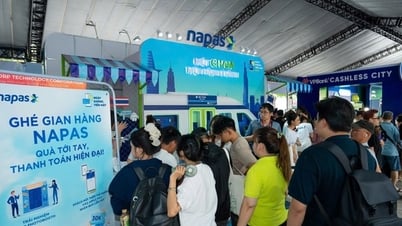
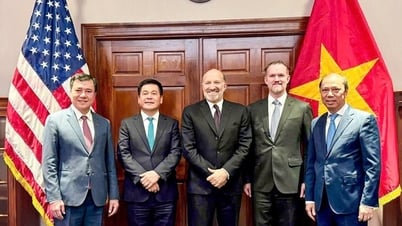
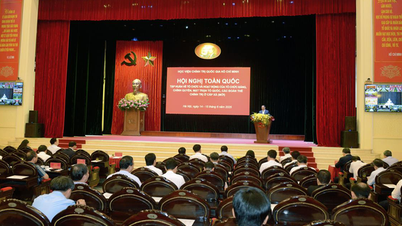

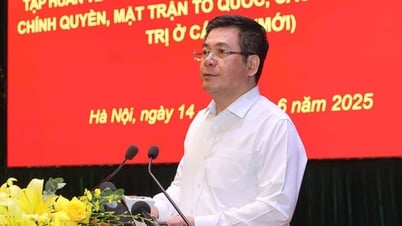

































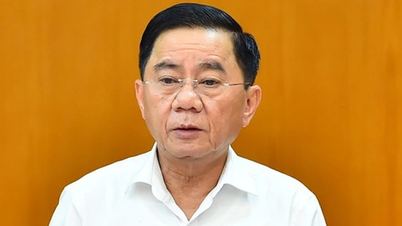




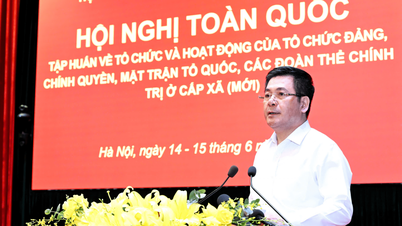


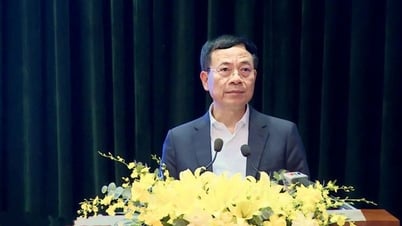










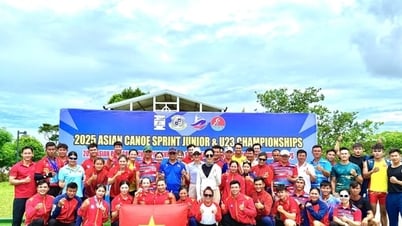

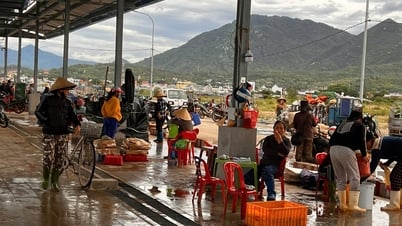













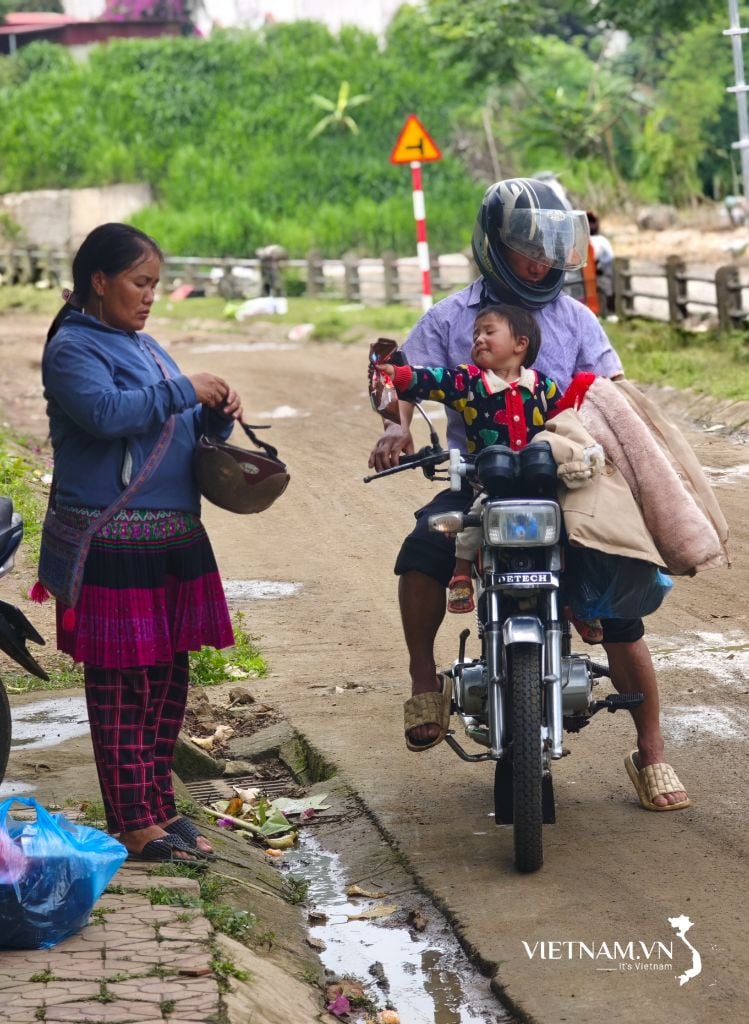

Comment (0)